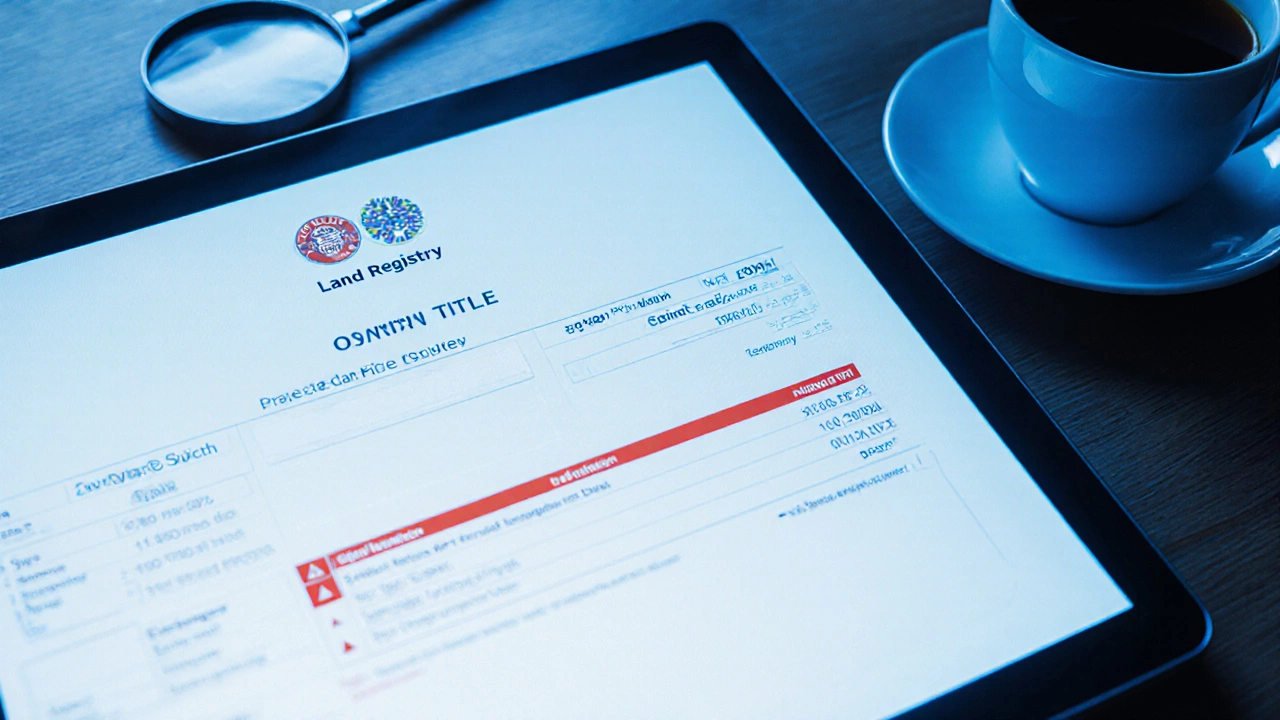Land Title: What It Is, Why It Matters, and How to Protect Your Property Rights
When you buy land, you’re not just buying dirt—you’re buying land title, the legal proof that you own a specific piece of property and have the right to use, sell, or transfer it. Also known as a title deed, this document is the foundation of every real estate transaction. Without a clear land title, you don’t truly own the property, no matter how much you paid or how long you’ve lived there.
A land title isn’t just a piece of paper. It includes details like the legal description of the land, boundaries, easements, liens, and any restrictions on use. If someone else has a claim to your land—like an unpaid contractor, a previous owner’s heir, or a government entity with an easement—that claim shows up in the title. That’s why a title search, a detailed review of public records to confirm ownership and uncover hidden claims is non-negotiable before closing. Skipping it is like buying a car without checking if it’s stolen.
People often think once they sign the papers, the deal is done. But title problems can surface years later. Maybe the previous owner didn’t disclose a boundary dispute. Or a family member inherited a share but never signed away their rights. These issues can block sales, trigger lawsuits, or even force you off your land. That’s why land ownership, the legal right to possess, use, and control property depends entirely on having a clean, verified title. In India, where land records can be outdated or inconsistently maintained, this step is even more critical.
Some buyers assume a registered sale deed is enough. It’s not. A sale deed transfers ownership, but it doesn’t guarantee the title is free of defects. That’s where title insurance comes in—it protects you if a claim arises after you buy. And while it’s not mandatory everywhere, it’s one of the smartest investments you can make when buying land. In places like Shriram Chirping Woods, where homes blend into nature and land parcels vary in size and history, knowing your title is solid gives you peace of mind.
You don’t need a lawyer to start a title search, but you do need to know where to look. Local municipal offices, sub-registrar offices, and digital land record portals like Bhulekh in many Indian states hold the key. Look for past transactions, mortgage records, and any pending litigation. If you’re renting out land or planning to build, your title might also include zoning rules or environmental restrictions. Ignoring these can lead to fines or forced demolition.
What you’ll find below are real-world stories and guides from people who’ve dealt with land title issues—some avoided disaster by catching a problem early, others paid dearly for skipping steps. Whether you’re buying your first plot, selling inherited land, or just trying to understand what your documents actually mean, these posts give you the tools to protect your investment. No fluff. No jargon. Just what you need to know before you sign anything.

What Refers to Proof of Property Ownership? Understanding Title Deeds and Registration
Proof of property ownership in Australia is established through official registration on the land titles system. A title deed or electronic record is the only legal proof-contracts and bills don't count.




